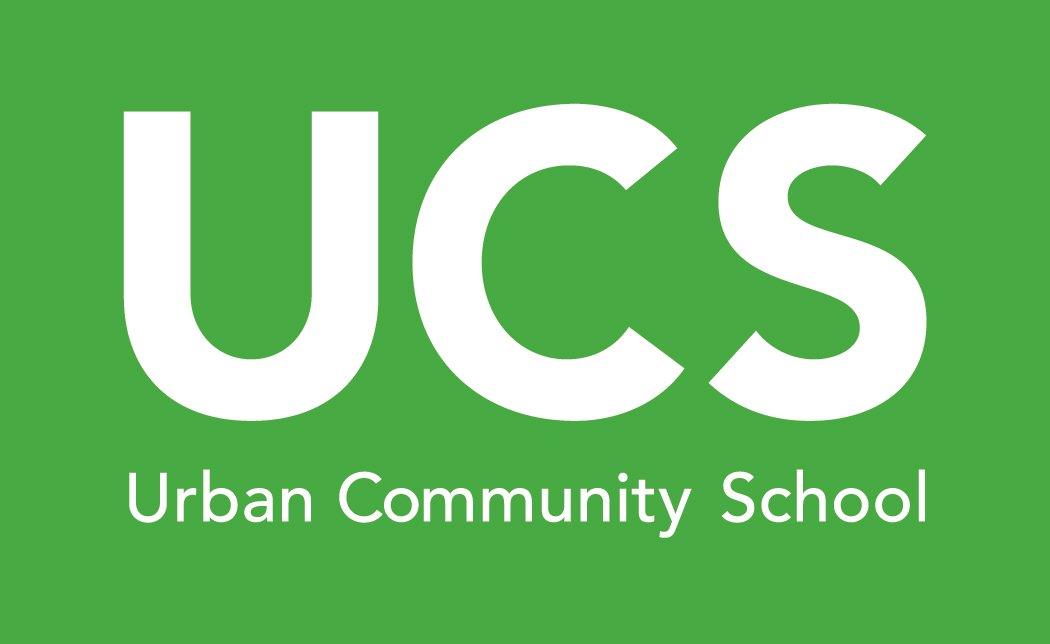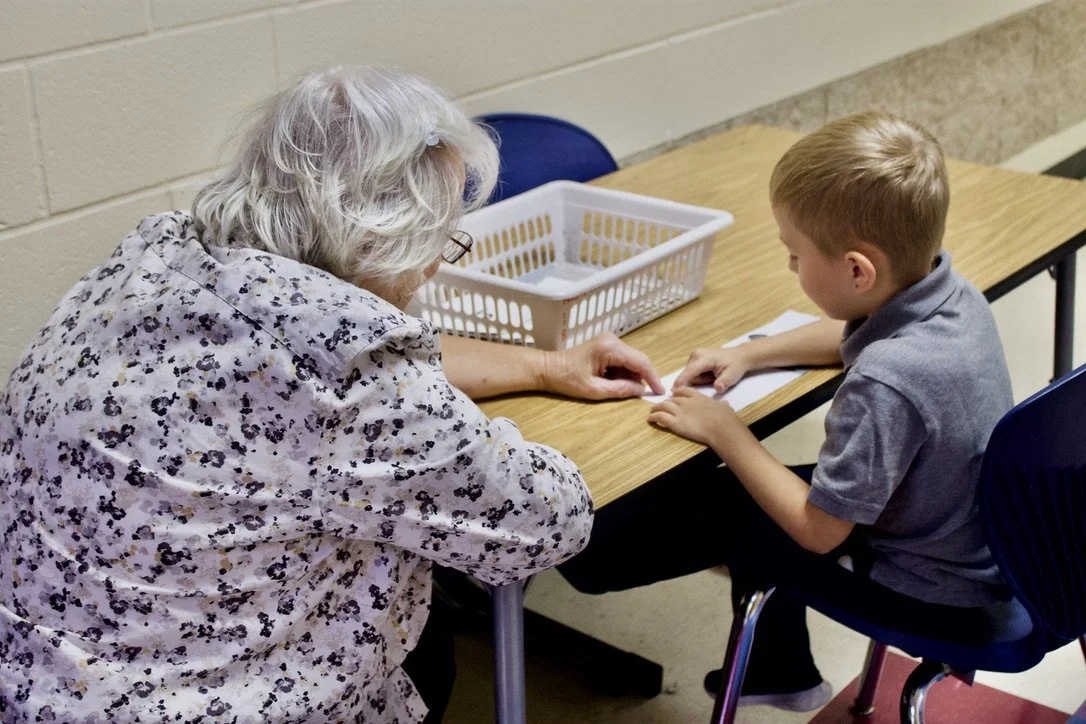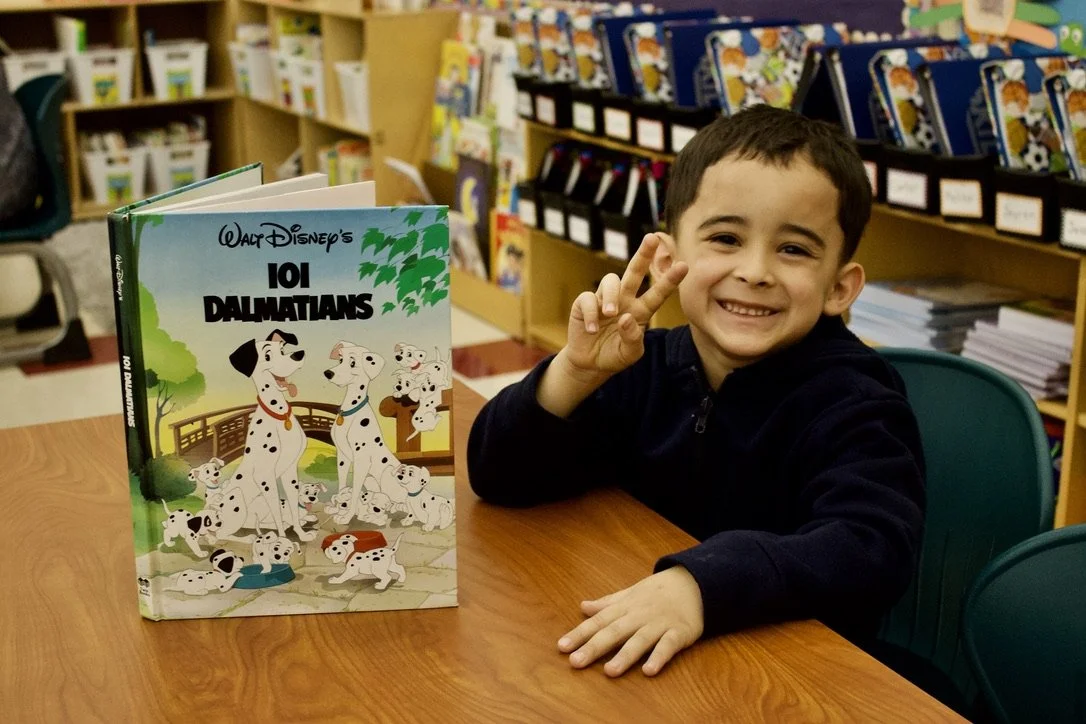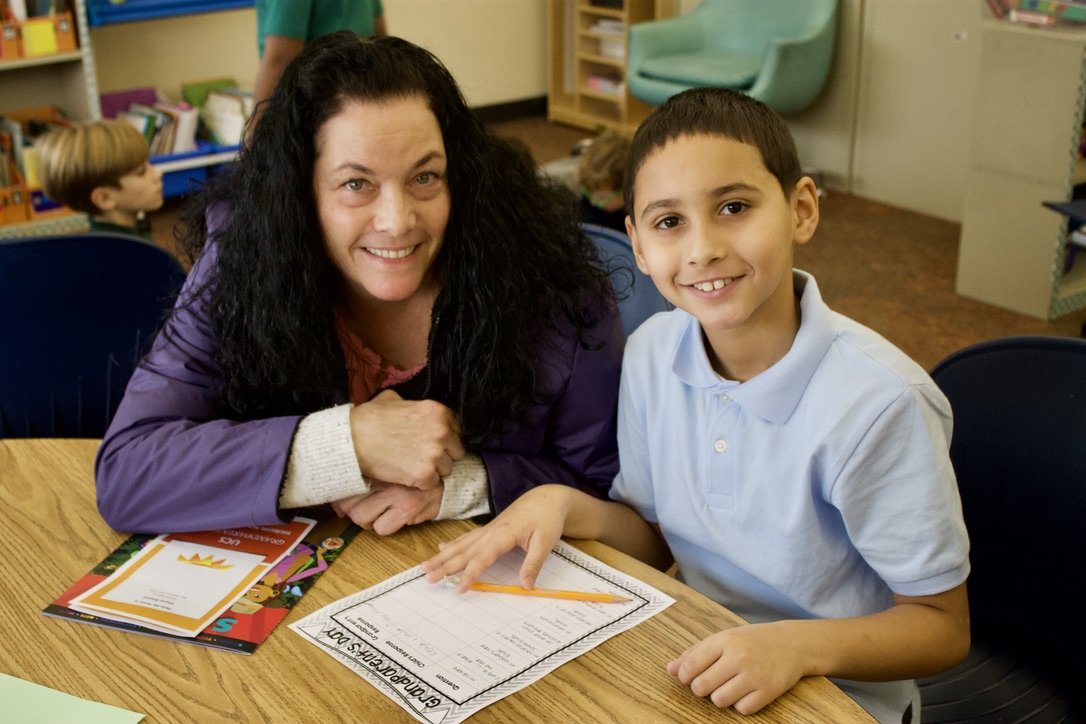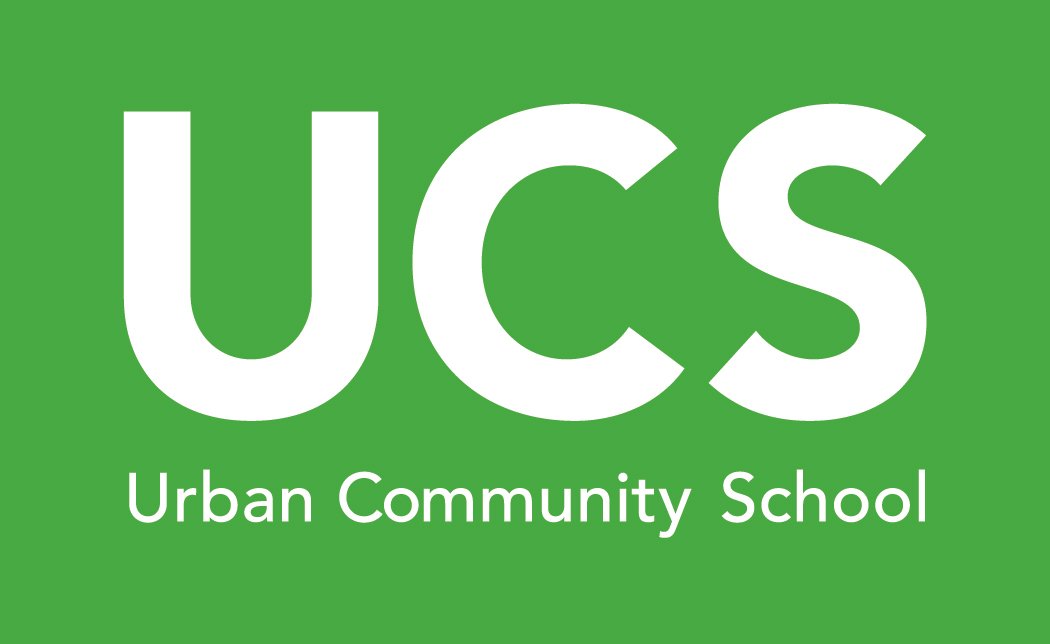Academic Curriculum
Literacy Curriculum English Language Arts (ELA)
Amplify Core Knowledge Language Arts CKLA (Kindergarten - 5th Grade)/Amplify (6th - 8th Grade) sequences deep content knowledge with research-based foundational skills and is based on the science of reading.
The curriculum sequences content knowledge-building with research-based foundational skills. The evidence-based teaching practices help students become strong readers, writers, and thinkers. Students will approach complex text, and make observations.
The Amplify CKLA curriculum supports a two-strand approach to literacy instruction in the early years.
Students in grades K - 2 complete one lesson per day that builds foundational reading skills in the Skills Strand, as well as one lesson that builds background knowledge in the Knowledge Strand. The content knowledge is sequenced together with research-based foundational skills in Grades K - 2 so that students develop the early literacy skills necessary to help them become confident readers, as well as build the context to understand what they’re reading.
In grades 3 - 5, lessons combine skills and knowledge with increasingly complex texts, close reading, and a greater emphasis on writing. Students develop independent reading skills.
Amplify ELA is a blended English language arts curriculum designed specifically to support students in grades 6 - 8 and prepare them for high school and beyond. With Amplify ELA, students learn to approach any complex text, make observations, and participate in meaningful classroom discussions.
Math Curriculum
Kindergarten - 5th grade utilizes Bridges in Mathematics, which is a comprehensive curriculum that equips teachers to fully address state standards in a rigorous, engaging, and accessible manner. Through spiral review, practice, and formative and summative assessments, students gain a deep understanding of concepts, proficiency with key skills, and the ability to solve complex problems. The curriculum is composed of three distinct but integrated components: Problems & Investigations, Work Places, and Number Corner.
The middle school math department at UCS uses a standards-aligned curriculum created in collaboration with several high-performing middle schools in the area. Students work through a daily math packet rooted in a combination of constructive learning and direct instruction. The packets are designed to review requisite skills while building student capacity to solve rigorous, grade-level problems aligned with grade-level standards for the state of Ohio. Lessons support students developing foundational skills as well as those at or beyond grade level through intentionally scaffolded notes and problems.
Science Curriculum
In science, UCS uses the OpenSciEd curriculum. In OpenSciEd classrooms, teachers are learning facilitators, not lecturers. The students are the leaders in the classroom, guiding their own learning. Using a storyline model, the teachers work with students to experience our phenomenon-based lessons firsthand. Our instructional model leads students through five routines where they investigate different questions, put the pieces together from those investigations, and then problematize the next set of questions to investigate.
Social Studies Curriculum
Our Social Studies program centers around the history of America, from the indigenous peoples and their experience with European explorers up to, and including, the Civil Rights Era. Our social studies program is rooted in lessons and resources Success Academy and Facing History and Ourselves.
Our students engage in many different ways of learning the history of our country. They read primary documents, watch videos, and analyze data to create memorials, presentations, posters, and student-designed artifacts. We also work cross-curricularly with the ELA team. For the Holocaust unit, our Social Studies team uses the Facing History and Ourselves unit while ELA learns reading and writing skills through different Holocaust reading in the Amplify ELA.
Restorative Practices
UCS has partnered with the International Institute for Restorative Practices to create learning environments where we strengthen relationships between individuals and develop social capital within communities as a central tenet.
Restorative practice is the overarching philosophy that informs the discipline model at UCS, consisting of high expectations and high support of the whole child. We use restorative practice in tandem with Conscious Discipline, which teaches self-regulation skills to our younger students. Proactively, we greet every child when they enter the building and at the door of every classroom or office they enter. We circle every morning in all homerooms and advisories in order to build relationships and connect with one another. Responsively, when someone or something is harmed in our community, we seek to repair the harm and/or restore the relationship, rather than punish, using conflict resolution, mediation, and logical consequences. We are working to establish a school family that is founded on connection, empathy, and accountability for the impact of choices.
Religious Education
Students receive a broad-based Christian education focusing on common ideals in Christian religions and emphasizing moral formation, a non-violent approach to problem-solving, mediation, cooperative learning, and respect for the rights of each person. We provide daily prayer both in the morning and before the end of each day. School-wide prayer services are all-inclusive as well, focusing on acceptance, peace, and commitment to God. UCS is a non-exclusive school that welcomes children of all faith traditions.
Social-Emotional Curriculum
We believe in educating the whole child. We use a variety of materials, programs, and resources to engage in social-emotional learning with all children.
Second Step Social Skills
Second Step is a program rooted in social-emotional learning (SEL) that helps transform schools into supportive, successful learning environments uniquely equipped to encourage children to thrive. More than just a classroom curriculum, Second Step’s holistic approach helps create a more empathetic society by providing education professionals, families, and the larger community with tools to enable them to take an active role in the social-emotional growth and safety of today’s children.
